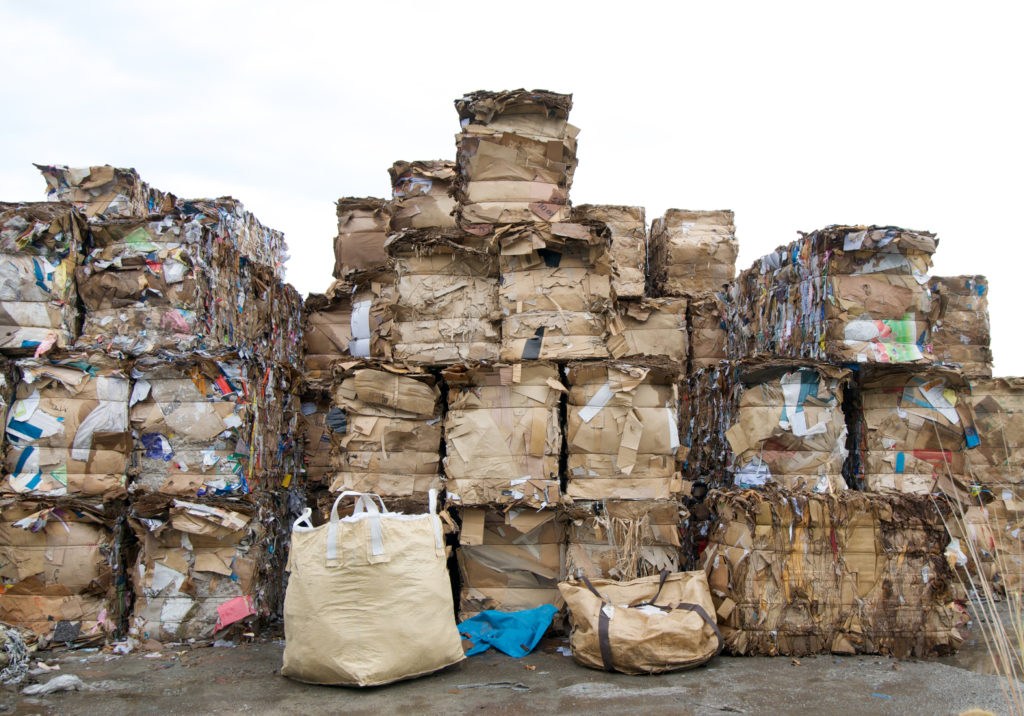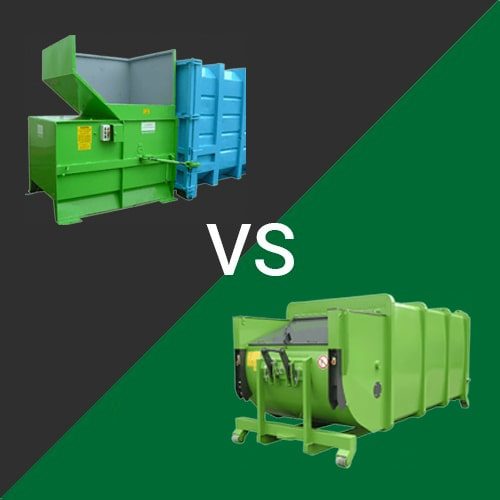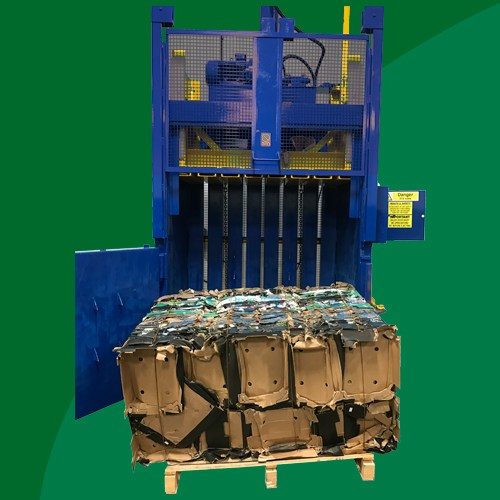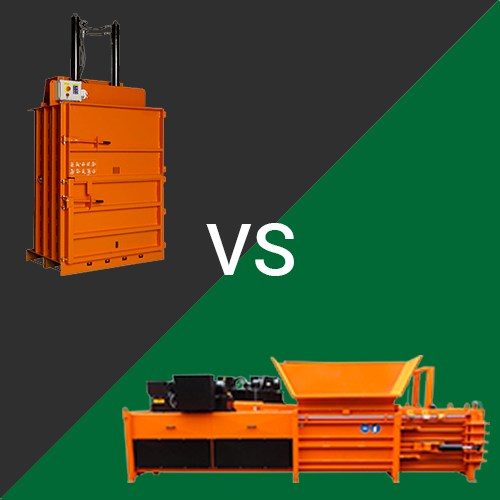The Essential Role of Waste Balers in Modern Recycling Efforts
According to a report, the waste management market of the United Kingdom was valued at USD 79.7 billion in the year 2023. This industry is expected to reach 108.50 billion by the end of 2030 and the estimated CAGR is 4.5% from 2024-2030.
The waste management industry refers to the section of the economy that is exclusively focussed on the recycling, collection, processing and transportation of waste generated by institutions, industries, business or houses.
Recycling is the process of converting waste materials into reusable products to reduce consumption of raw materials and energy usage. It plays a crucial role in modern waste management by minimising landfill usage and conserving resources.
Waste balers are key technology in this process, compacting materials for easier transportation and recycling.
Understanding Waste Balers
Waste balers are machines used to compress and bind various types of waste materials into compact bales for easier storage, handling, and transportation. Vertical balers handle cardboard, paper, plastics, and textiles. Horizontal balers manage bulkier items like foam and metal cans. Both use hydraulic or mechanical pressure.
Vertical balers
- Operate with waste materials fed into a vertical chamber.
- Compress materials using hydraulic or mechanical pressure.
- Typically hand-fed.
- Suitable for smaller volumes of materials like cardboard, paper, plastics, and textiles.
Horizontal balers
- Similar operation to vertical balers but with a horizontal orientation.
- More autonomous and capable of handling larger volumes.
- Suitable for bulkier items like foam, rubber, and metal cans.
Multi-chamber balers
- Feature multiple chambers for sorting and baling different materials simultaneously.
- Advantages for facilities with diverse waste streams.
Automatic balers
- Equipped with automatic feeding systems.
- Can operate continuously with minimal human intervention.
- Suitable for high-volume waste processing facilities.
- Capable of handling a wide range of materials efficiently, processing up to 40 tons of material per hour.
The Benefits of Using Waste Balers
Waste balers offer significant environmental benefits by reducing landfill use and decreasing carbon footprint. By compacting waste into bales, balers minimise the volume of material sent to landfills, thereby extending their lifespan and reducing environmental degradation. Additionally, compacted bales require less transportation, leading to lower fuel consumption and greenhouse gas emissions, thus contributing to a smaller carbon footprint.
From an economic standpoint, waste balers provide substantial cost savings and revenue opportunities. By reducing waste volume, businesses can save on disposal costs associated with landfill fees and transportation expenses. Moreover, compacted materials often have higher resale value, leading to improved revenue through recycling initiatives. This translates to overall cost efficiency and enhanced profitability for waste management operations.
Operationally, waste balers offer streamlined workflows and space savings. Compact bales require less storage space, allowing businesses to optimise their storage areas and reduce clutter. Furthermore, balers streamline waste processing by automating the compression and baling process, thereby increasing operational efficiency and productivity within waste management facilities.
Waste Balers in Action: Real-World Applications
Waste balers showcase remarkable versatility in handling various materials, including cardboard, plastic, and metal. These machines efficiently compress and bale diverse waste streams, adapting to the specific needs of different industries and facilities. Whether it’s cardboard boxes from retail operations, plastic packaging from manufacturing processes, or metal cans from food production, waste balers provide a reliable solution for compacting and recycling a wide range of materials.
Integrating Waste Balers into Recycling Strategies
Integration Strategies for Waste Balers
- Conduct a waste audit to identify the types and volumes of waste generated.
- Assess existing waste management and recycling processes to determine where balers can be incorporated.
- Train staff on proper operation and maintenance of waste balers to ensure smooth integration.
- Develop clear protocols for sorting and feeding materials into the balers to optimise efficiency.
- Monitor baler performance regularly and make adjustments as needed to maximise effectiveness.
Tips for Selecting the Right Waste Baler
- Consider the volume of waste generated daily to determine the size and capacity required.
- Evaluate the types of materials typically produced to ensure compatibility with the baler’s capabilities.
- Take into account space constraints within the facility to choose a baler that fits the available area.
- Research different baler models and brands to compare features, reliability, and maintenance requirements.
- The easier and hassle free way of doing this is to speak with Landfill Alternatives about a free on-site quote
The Future of Recycling with Waste Balers
Emerging trends in waste baler technology are revolutionising recycling efforts. Integrating smart technologies and automation into hydraulic baler systems enhances efficiency and productivity, aligning with the growing trend of Industry 4.0 in waste management. These innovations include the use of sensors for real-time monitoring of baling processes, allowing for precise adjustments and optimisation.
Waste balers play a crucial role in achieving sustainability goals and promoting a circular economy. By compacting and baling recyclable materials, balers facilitate efficient storage, handling, and transportation of waste, reducing the environmental impact associated with landfilling. Moreover, the recycling of materials such as cardboard, plastic, and metal through balers conserves valuable resources and reduces the need for virgin materials extraction. This closed-loop approach promotes circularity by ensuring that materials are reused and recycled, thus minimising waste generation and maximising resource utilisation, contributing to a more sustainable and environmentally conscious waste management system.
Choose Landfill Alternatives today
Waste balers are essential in modern recycling, compacting materials for efficient handling and transportation. Businesses and organisations can enhance sustainability by adopting waste balers into their strategies. Assess current waste practices and consider Landfill Alternatives for guidance and equipment. Contact us today for a free on-site quote to learn more about tailored solutions to optimise recycling efforts.



